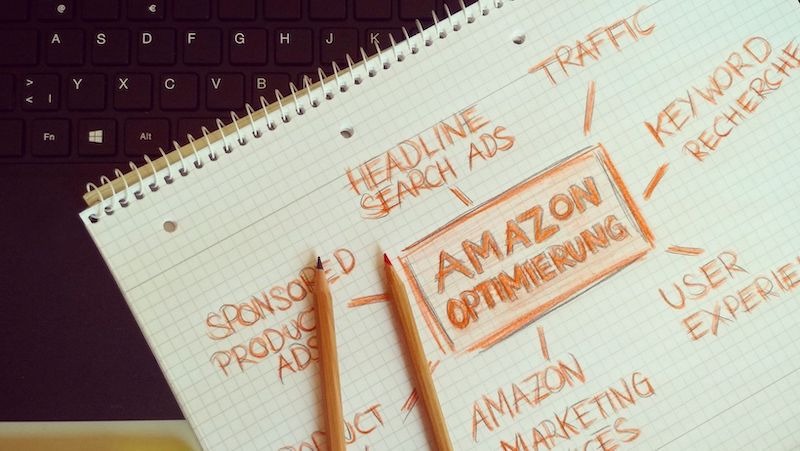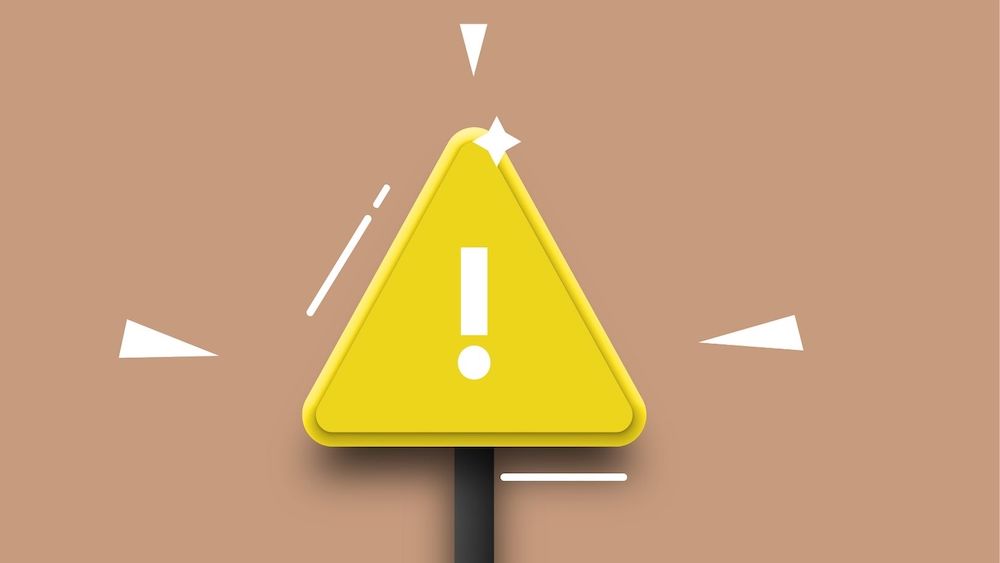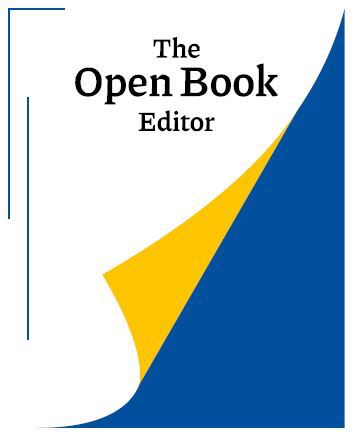It used to be that if you wanted to sell your book to a large readership, your publishing options were limited to trade publishers. However, the types of publication have expanded in recent years, and there are more options than ever for aspiring writers hoping to get their work out into the world.
Whether you’re in the early stages of the writing process, have begun to edit your book, or feel it’s polished and ready for readers, it’s never too early to learn about the different types of publication. Read on to find out more about traditional publishing, self-publishing, and hybrid publishing, and see which one is right for you and your book.
Traditional Publishing
Traditional publishing is the established system of getting a book deal. Usually, it’s done by submitting and signing with an agent first, who then submits to publishers on your behalf.

Pros of traditional publishing
Literary agents
A huge benefit of going the traditional route is that you work with an agent who will fight to get your book published. Literary agents will use their industry knowledge and connections to negotiate the best deals possible on your behalf. They’ll also provide you with encouragement and support.
No up-front costs
Unlike with other types of publication, there are no up-front costs to the author in traditional publishing. This means that you don’t have to pay anything to get your work published. (If an agent or a traditional publisher asks you for money, including for so-called “reading fees”, this is a red flag that they could be trying to scam you.)
In traditional publishing, you usually sign two different contracts: one with your agent and one with the publisher. Both contracts will specify what commission percentage each will take from the sale of your book. Some publishing houses may offer you an advance for your book. Once the money from this advance has been reclaimed, you will then receive royalties based on your book’s ongoing sales.
You can focus on writing
In traditional publishing, professionals will deal with the nitty-gritty aspects of manufacturing and marketing your book. After editing it with an in-house editor, there isn’t much you are required to do beyond basic marketing via social media and fulfilling contractual agreements, like book signings.
You won’t have to spend time researching publishing statistics, pitching to bookshops, or organising large-scale marketing campaigns. There’s someone else to deal with all of that! This frees up time for you to work on your next writing project.
Cons of traditional publishing
Hard to crack
Getting an agent can be a long, arduous process. It’s not uncommon to query upward of one hundred agents, and the feelings of discouragement that come with frequent rejections can be disheartening to writers.
Even after you land the ideal agent, finding a publishing house to buy your book can be a struggle, too. You may see your book rejected by editors at multiple publishing houses, often without a detailed explanation.
The rejection that writers have to face when pursuing a traditional publisher is a big reason so many give up or need to prioritise their mental health.
Less creative control
Of all the types of publication available, traditional publishing tends to offer the author the least creative control. Unless you’re a mega-star, like Stephen King or Gillian Flynn, you won’t have much say in the publishing process.
A traditional publishing contract means your publisher will most likely have the final word about the look of your book, the blurb, the marketing angle, and so on. You will also have to answer to an editor about the direction of your book. While this is normally a collaborative and friendly process, it can result in tension if you’re asked to change aspects of your storyline or your creative visions differ.
Lengthy process
One of the realities of traditional publishing is that it moves at a snail’s pace. You’ll have many euphoric milestones—signing with your literary agent, pitching to publishing houses, inking your first publishing deal—but there will be long periods of time in between where it feels like nothing is happening.
It’s important to remember that traditional publishing is the slowest of all the types of publication, and it’s unlikely your book will hit the shelves in less than a year.
Instead of focusing on how long it takes, we recommend trusting that the marketing team knows what they’re doing, and use the downtime as an opportunity to work on your next book.
Self-publishing
Self-publishing is where the author publishes their own work without the involvement of an established publishing house.

Pros of self-publishing
Shorter wait time
With traditional publishing, you may have to wait anywhere from 12 to 36 months after signing your deal to see your work in bookshops. This process is much quicker when you opt to self-publish.
Self-publishing is a lot like being self-employed: you get to set your schedule, determine your own deadlines, and push out your work as slowly or as quickly as you like. Compared to other types of publication, this is definitely the quickest and most pain-free method of putting your book in the hands of readers.
Lower fees
Because you pay to self-publish up-front, you keep the lion’s share of your book’s profits. Many self-publishing platforms take a small cut of your sales (say, 5%). But this is significantly lower than other forms of publishing.
Full rights to your work
In other types of publication, you are often required to sign over the rights to your book or books for a certain amount of time, which can lead to problems further down the road. There could be a publishing house merger and you might find you don’t like your new publisher. Or your book might underperform and cause the publisher to decide to scrap the sequel. You wouldn’t be able to take your work to another publisher because the rights are owned by the publishing house.
There are a lot of aspects outside of your control in traditional publishing, but this isn’t so much the case with self-publishing. You hold the rights over whatever you write and publish!
Cons of self-publishing
Self-publishing stigma
It’s easier than ever to self-publish and get your work out into the world. An unfortunate side effect of this is that choosing to self-publish comes with a stigma attached to it.
People tend to assume self-published works are of lower quality than traditionally published books. Self-published authors also have to fight a lot harder to prove their credibility and worth.
You do all the work
Not having the backing of a literary agent and traditional publisher means you have to do all the work yourself. Everything from hiring an editor, designing a book cover, choosing a publishing platform, marketing your book, and managing the sales and printing costs falls to you.
This can be a lot to shoulder, especially if you have a full-time job or want to start your next book. Luckily, The Open Book Editor can offer you some peace of mind with at least one part of the process. Our certified professional editors can ease the load by editing your work for you. And hiring a professional editor is a must if you hope to avoid potentially embarrassing mistakes in your finished book.
Harder to get popular
Although traditional publishers leave a lot of basic social media promotion to their authors, there’s still something to be said for the power they have to market your book to a wider audience.
With self-publishing, the popularity of your book is often less dependent on your marketing skills and more dependent on an algorithm. With more people than ever choosing to self-publish, it’s hard to make your book stand out in an oversaturated market. Unless you have an established following, you will probably need to spend a lot of time researching ways to boost your book.
Hybrid Publishing
Hybrid publishing falls squarely in the middle of the other types of publication. Generally, a publishing house publishes your work with a different revenue system than that of traditional publishers.

Pros of hybrid publishing
Partnering with a publisher
In traditional publishing, the publisher calls all the shots, while in self-publishing, you have to make all the decisions yourself. Hybrid publishing is an appealing middle ground between these two types of publication.
With hybrid publishing, the author and the publisher are more likely to see each other as equal partners. This means you have a more significant say in how your book looks, which blurb goes on the back cover, and even which stores will stock it.
Shared cost
When it comes to royalties, hybrid publishing once again finds a comfy centre point between other types of publication. You will be expected to pay up-front for the cost of publishing, but you’ll also get to pocket a sizeable chunk of the royalty fees, as well.
In most hybrid publishing deals, you can expect to receive around 50% of the royalty fees. The reason for this is that your publisher will shoulder half the publishing cost for you. Because they share in the risk, the publisher will have just as much of an interest in seeing your book succeed.
Rights to your work
Probably one of the biggest benefits of hybrid publishing is that you usually keep the full rights to your work (like in self-publishing) while having the benefits of a publisher working with you (like in traditional publishing).
Cons of hybrid publishing
No guaranteed return
Because you are expected to pay up-front to offset the printing costs, you enter into a financial risk with no guarantee you’ll make your money back in sales.
Fees can be as high as £2,000 to £3,000. This includes editing, cover design, and basic marketing. In some cases, if you want more extensive marketing, you have to pay more. For a struggling artist, this is an enormous chunk of change.
Dud/scam publishers
Authors are more at risk of coming into contact with dud publishers than with other types of publication. Unfortunately, plenty of vanity presses exist solely to scam writers. They can do this through overcharging, not properly marketing books, or withholding royalty fees until authors hit certain sales targets. Even worse, some dud publishers will take your money and run without ever publishing your book.
Make sure you do extensive research before signing any contracts. A good way to gauge a hybrid publisher is by their past work. Look at other books they’ve published. Are they well edited? Is the way they present and market books appealing to potential readers?

Consider reaching out to authors who have published with the hybrid press and ask about their first-hand experiences. All this information will prove invaluable in helping you to determine if the hybrid press is legit or not.
You market your work
Even though a hybrid publisher might include some very bare-bones marketing—such as featuring you on their website—most of the work will still fall to you. This can be an exhausting process to go through every time you publish a book. And unlike in self-publishing, where you also have to do this, it comes with a hefty price tag.
How do you choose?
Choosing from among these types of publications may feel like a daunting task, but it’s not a decision you need to approach on your own. The Open Book editor offers one-on-one author coaching and can help guide you through writing, editing, publishing, and everything in between!
And remember, if you choose a publishing option and later decide it isn’t right for you, it’s always possible to change tack with your next book. Many writers start out by self-publishing and go through the hybrid or traditional routes later, and vice versa. It takes time to find the right fit and there’s no perfect option, but it’s all worth it when your book finds its perfect publishing home.


